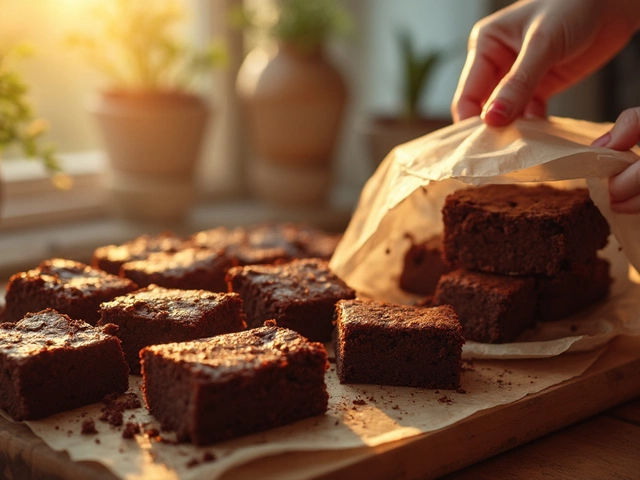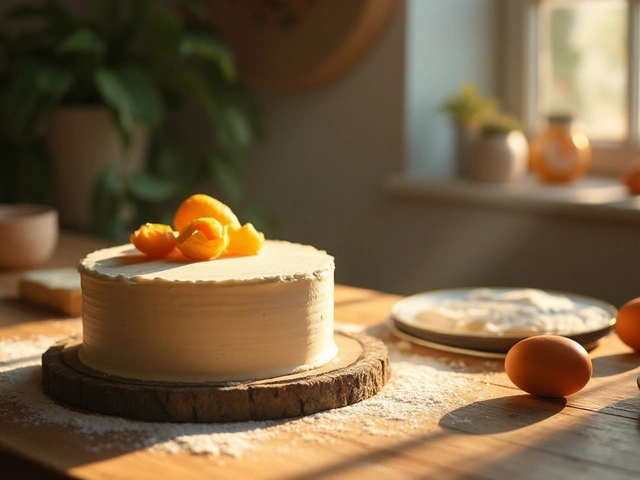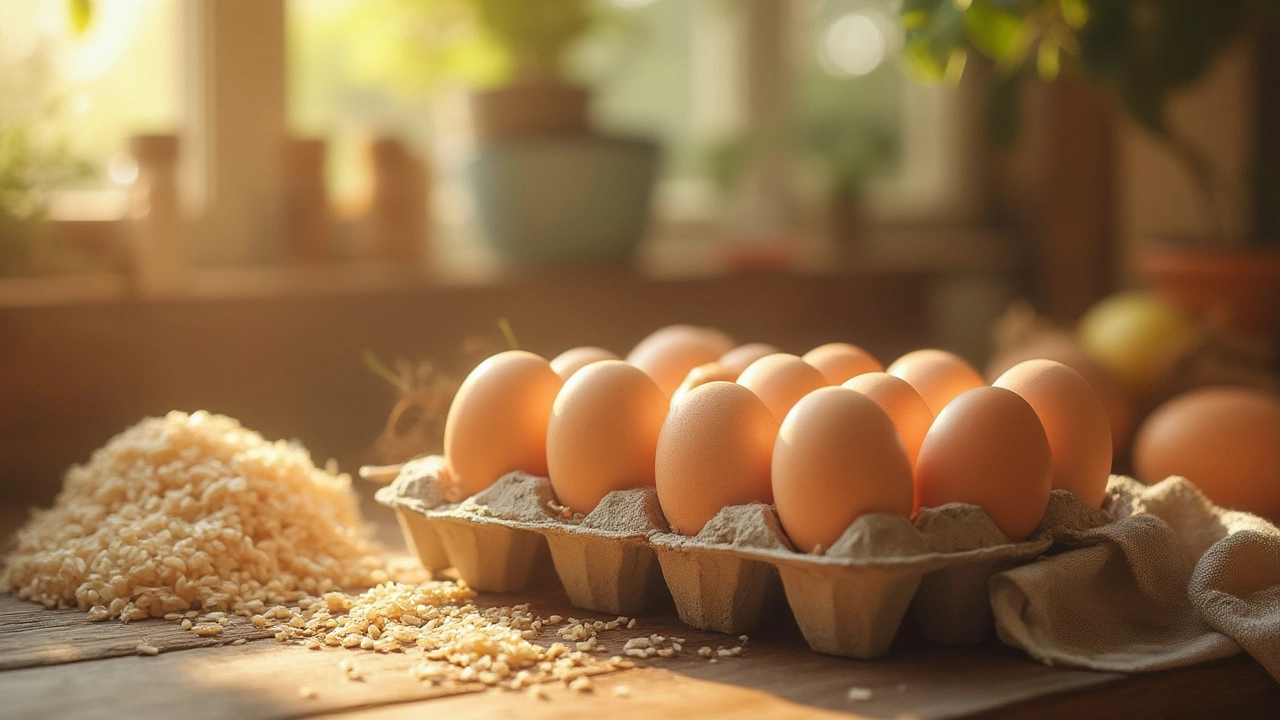
Ever had that moment when you crack an egg and wonder if it’s truly gluten-free? Maybe you’re newly diagnosed with coeliac disease and suddenly every crumb, every speck matters. Maybe Aunt Lydia keeps insisting some eggs aren’t safe. Or maybe you’re just tired of scanning ingredient lists and want a straight answer for once. Eggs hide in almost every breakfast, pop up in countless cakes, and always make their way into brunch menus. But what’s really inside that shell? Here’s the no-nonsense answer you’ve been searching for.
Eggs and Gluten: The Basics Most People Ignore
You’d think a simple egg would be, well, simple. Yet the world of food allergies and intolerances loves to complicate things. Here's the official bit: plain eggs are naturally gluten-free. That means chicken eggs (the ones you find in supermarkets across the UK), duck eggs (fancier but popular at local farmers’ markets), and even quail eggs don’t have gluten. They’re just pure protein, fat, vitamins, and minerals, nestled inside a shell. No wheat, rye, barley, or any other gluten-harbouring culprit in sight.
The problem isn’t the egg itself, but what happens around it. According to a 2023 study by Coeliac UK, over 95% of gluten exposures among those following a gluten-free diet come from cross-contact—places gluten touches where it shouldn’t, not from the natural food itself. Scramble an egg in a pan with leftover bread crumbs? There’s your trouble. Poach eggs in the same water you cooked regular pasta in? Odds are, you’ve got gluten now. Even at restaurants, things can go sideways if the griddle was used for pancakes beforehand, or the chef dusts omelettes with a flour-based seasoning.
Now, why is gluten even a concern? For the one in 100 Brits with coeliac disease, gluten can spark serious health problems. Stomach pain, exhaustion, brain fog—all that from a misstep. And because eggs slot into so many medicated and recovery diets, people get nervous about sabotaging themselves from a simple oversight.
But here’s a fact worth clinging to: the egg at its core remains gluten-free. You just need to know the tricks to keep it that way.
| Egg Type | Contains Gluten? | Risk Factors |
|---|---|---|
| Raw, fresh eggs | No | Cross-contact from kitchen surfaces |
| Processed liquid eggs | No (usually) | Additives, shared equipment |
| Pre-cooked eggs (restaurant, café, pre-packaged) | Varies | Fillings, seasonings, cooking surfaces |
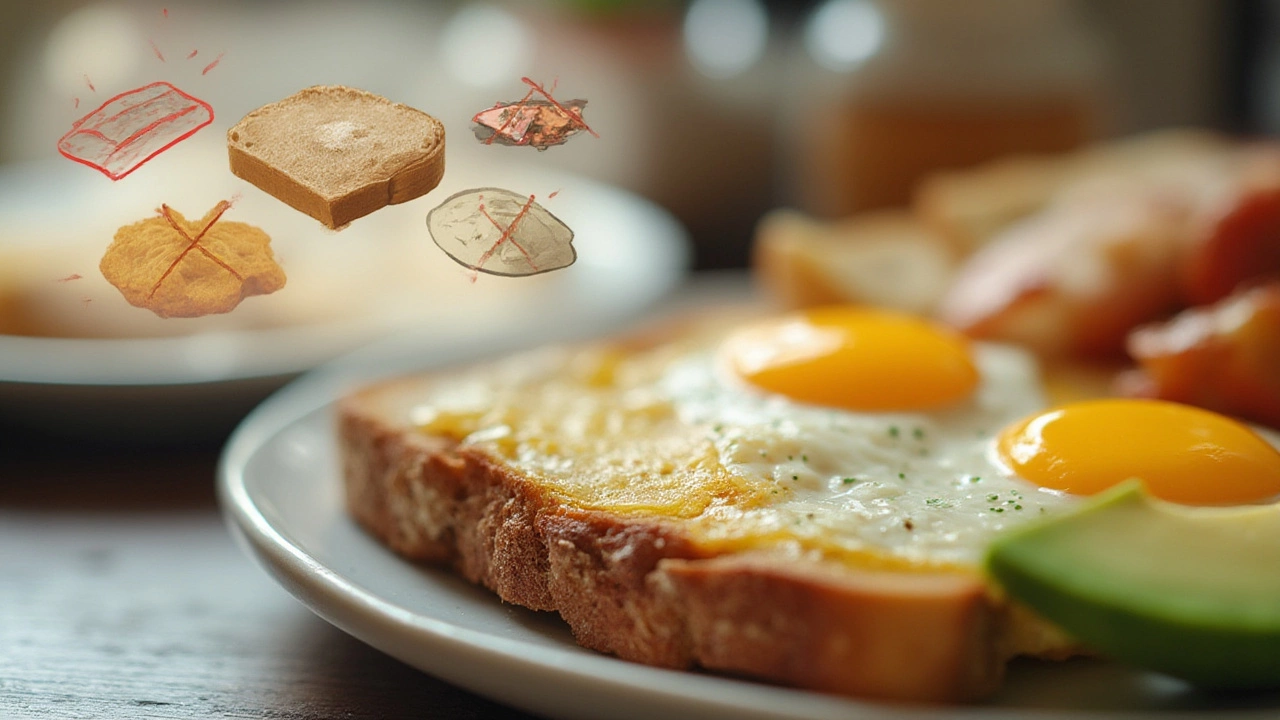
The Hidden Dangers: Processed Eggs and Accidental Gluten
The real drama starts when eggs stop being just “eggs.” Ever bought a carton of liquid egg whites, or those ready-made scrambled eggs from the supermarket? This is where labels stop being your friend and start being a minefield. The food industry, always chasing shelf life and perfect texture, adds things. Think thickeners, stabilisers, flavourings—some sourced from wheat or barley. UK law requires allergens like gluten to be bolded on the packaging, but ingredient lists get creative. Look for terms like maltodextrin (usually safe in the UK, but can be wheat-based abroad), modified food starch (check the source), or even binder blends. These can slip gluten in through the back door.
Take egg bites. Pop them in the air fryer, instant breakfast—right? But they often mix in breadcrumb fillers, flavour powders, or cheese blends laced with flour. Those fluffy diner-style omelettes sometimes have pancake batter folded in for volume. That’s not just a thing in American diners—fancier brunch spots in London and Brighton have picked up the trick. Pre-packed Scotch eggs, a picnic staple, definitely have gluten in the coating.
What about mayonnaise and sauces made with eggs? Classic mayonnaise is fine—just egg, oil, vinegar, and sometimes mustard. But the “special recipe” versions, or egg-based salad dressings, can be thickened with flour or barley malt vinegar. Your best bet? Check every ingredient on anything processed, and when in doubt, stick to the simple stuff or make your own (it’s strangely easy and way tastier).
Even vitamins sprayed on eggs (for those fancy enriched eggs) are safe—vitamin D and the like don’t come from gluten sources. But the big risk is still cross-contact. Shared spatulas, unwashed bowls, the same whisk that got dipped in cake batter—the tiniest bit of gluten can stick around. One study by the University of Sheffield in 2022 showed that even kitchen brushes used to egg-wash pastry can shed gluten crumbs onto 'safe' eggs unless washed properly in hot soapy water.
- Always use separate utensils for gluten-free cooking—no reusing pans from gluten-filled pancakes!
- For packaged or processed eggs, scan every label. Look for the 'gluten-free' symbol or read those ingredients with a magnifying glass.
- At restaurants, ask if eggs touch the same grill as bread or pancakes. Chefs in Brighton and across the UK are increasingly aware, but some still use shared pans.
It’s a hassle, but tiny details really can trip you up. If your stomach aches after eating eggs outside your home, gluten contamination is far more likely than the egg itself being bad for you.
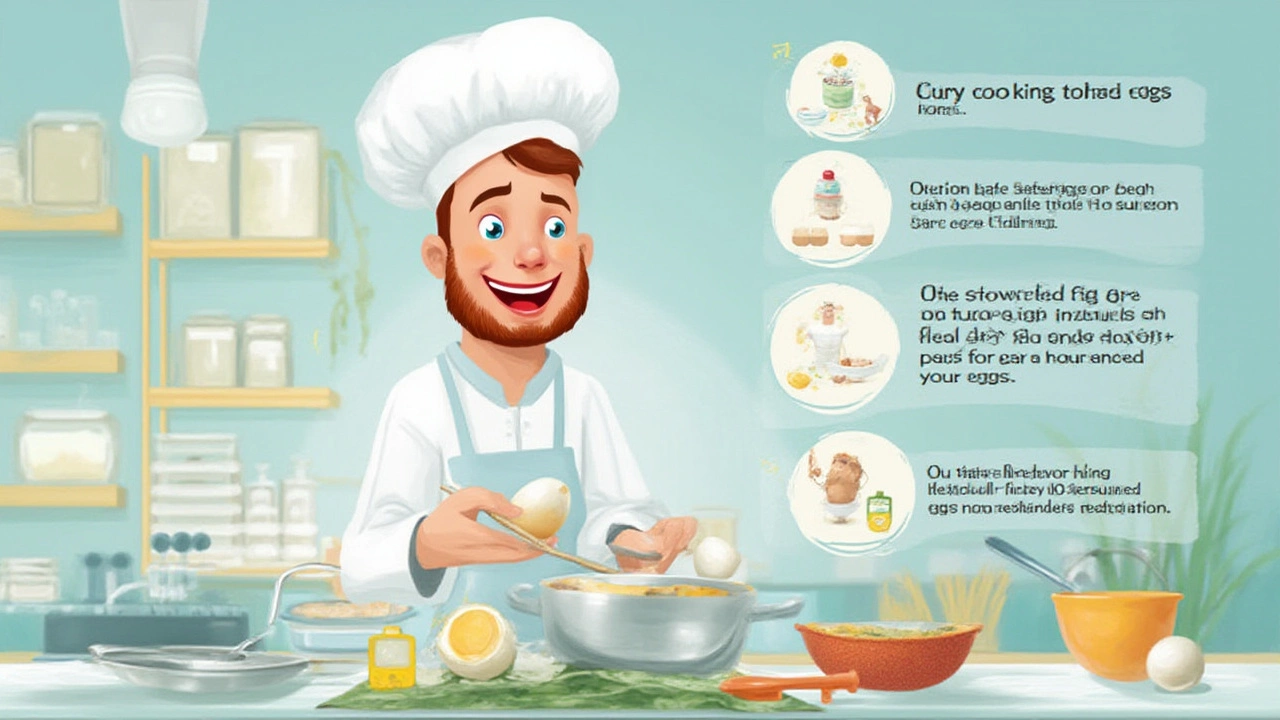
Making Eggs Safer: Science, Tips, and Foodie Facts
You can enjoy eggs without stress, promise—you just need a bit of strategy. Start with buying fresh, whole eggs with shells intact. These have almost zero risk for gluten, even if they’re organic, free-range, or supermarket own-brand. Brown or white shells? Doesn’t matter. Nutrition-wise, they’re clones. The British Egg Industry Council confirms that eggs labelled with the ‘Lion’ mark (in the UK) follow strict handling protocols—nothing flour-based comes near those eggs on the farm or during packaging.
Want to make breakfast eggs safely every single time? First step: clean your kitchen. Wipe down all surfaces. Use a dedicated pan and spatula for gluten-free cooking. Don’t forget the toaster—bits of bread love to hide inside. If you love poached eggs, use fresh water. Soft-boiled? No worries—the shell keeps gluten out unless you crack it on a dirty surface.
Boiling, scrambling, frying, poaching—all classic ways are gluten-free if you’re in control. Feeling indulgent? Baked eggs with cheese and veg in the oven are totally safe, as long as the cheese and cream are untainted. Egg salad sandwiches can be gluten-free with gluten-free bread, obviously, but avoid bakery sandwiches unless labeled safe.
If you’re going out for brunch, Brighton’s indie cafés are usually ahead of the curve and happy to answer awkward questions. Ask if they have a separate pan for eggs. Don’t be shy about checking—most coeliacs swear by honest questioning, and it’s how you keep yourself safe. If you bring your own gluten-free bread for eggs on toast, even better—just make sure café staff use a clean toaster or grill for it.
Here’s an odd but helpful tip: avoid pre-crumbed or coated eggs sold at delis (think Scotch eggs, egg croquettes, or anything in a salad bar). The crumbs nearly always have wheat. And beware ‘breakfast baps’—pre-assembled fills almost always include something gluten-y, even if it’s hidden under bacon.
Want to be sure every egg you eat is gluten-free? At home, stick with this routine:
- Crack eggs into a freshly washed bowl, not one just used for cake or batter.
- Use separate frypans and spatulas, especially if your kitchen isn’t fully gluten-free.
- Boil or fry eggs alone—add gluten-free seasonings after cooking, not before.
If you ever worry, hard-boiled eggs are your friend: peel and eat. As snacky as crisps, but way healthier. And yes, there’s no gluten in eggs from any bird—so don’t fret if you try duck or quail varieties for fanciness.
So, bottom line? The egg, in its natural state, is a gluten-free hero. The journey from chicken to plate, though, is where things get dicey. You’ve got this, as long as you stay alert and never trust a shared spatula. Breakfast can be safe, tasty, and worry-free—egg-stra promise.

